National Association for Gifted Children: Twice Exceptional Students
 What’s not often well-known or well-understood is that students who are gifted may also have a special need or disability— just as students with disabilities may also be gifted. The term “twice-exceptional,” also referred to as “2e,” is used to describe gifted children who, have the characteristics of gifted students with the potential for high achievement and give evidence of one or more disabilities as defined by federal or state eligibility criteria. Read more ›
What’s not often well-known or well-understood is that students who are gifted may also have a special need or disability— just as students with disabilities may also be gifted. The term “twice-exceptional,” also referred to as “2e,” is used to describe gifted children who, have the characteristics of gifted students with the potential for high achievement and give evidence of one or more disabilities as defined by federal or state eligibility criteria. Read more ›


 When books contain experiences and characters to which children can relate, they foster a positive self-concept and respect for diversity. This collection of children’s books curated by
When books contain experiences and characters to which children can relate, they foster a positive self-concept and respect for diversity. This collection of children’s books curated by 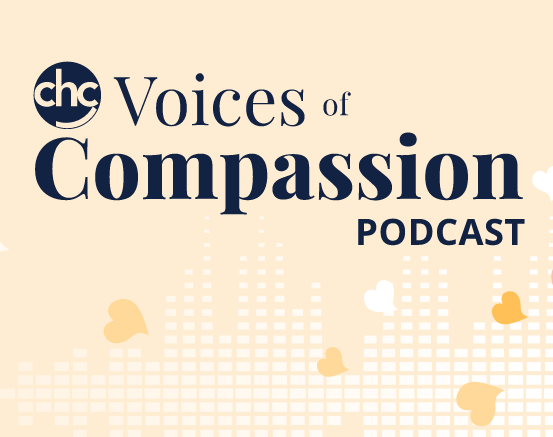
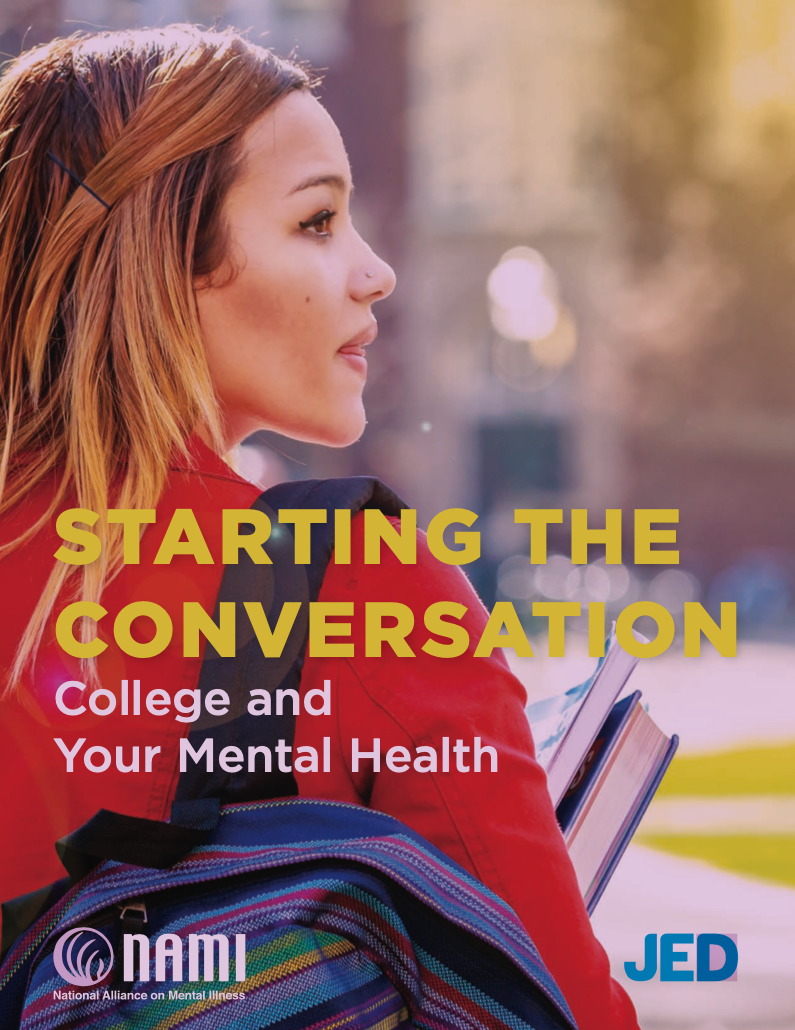
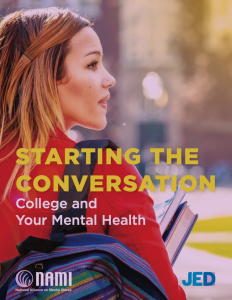 To help put a thoughtful plan into place should a mental health condition arise, the
To help put a thoughtful plan into place should a mental health condition arise, the 
 While the college years have always been a time when mental health problems can emerge, the problems have escalated according to data from the American College Health Association (ACHA) survey. What actions can parents take in the face of rising mental health problems?
While the college years have always been a time when mental health problems can emerge, the problems have escalated according to data from the American College Health Association (ACHA) survey. What actions can parents take in the face of rising mental health problems?  As a parent in a pandemic, you feel like you have to be superhuman or you’re not doing enough. The reality is that if you can be kinder to yourself, you will also be happier, more resilient and compassionate with others. In this episode,
As a parent in a pandemic, you feel like you have to be superhuman or you’re not doing enough. The reality is that if you can be kinder to yourself, you will also be happier, more resilient and compassionate with others. In this episode, 
 Distance learning is hard, even for kids without emotional or behavioral challenges. Not to mention the strain on parents working remotely while trying to support their child’s at-home education. We sat down with behavioral expert Jody Miller, MEd, BCBA, to hear her best strategies for promoting and positively reinforcing good behavior, as well as what steps to take when your child is struggling.
Distance learning is hard, even for kids without emotional or behavioral challenges. Not to mention the strain on parents working remotely while trying to support their child’s at-home education. We sat down with behavioral expert Jody Miller, MEd, BCBA, to hear her best strategies for promoting and positively reinforcing good behavior, as well as what steps to take when your child is struggling. 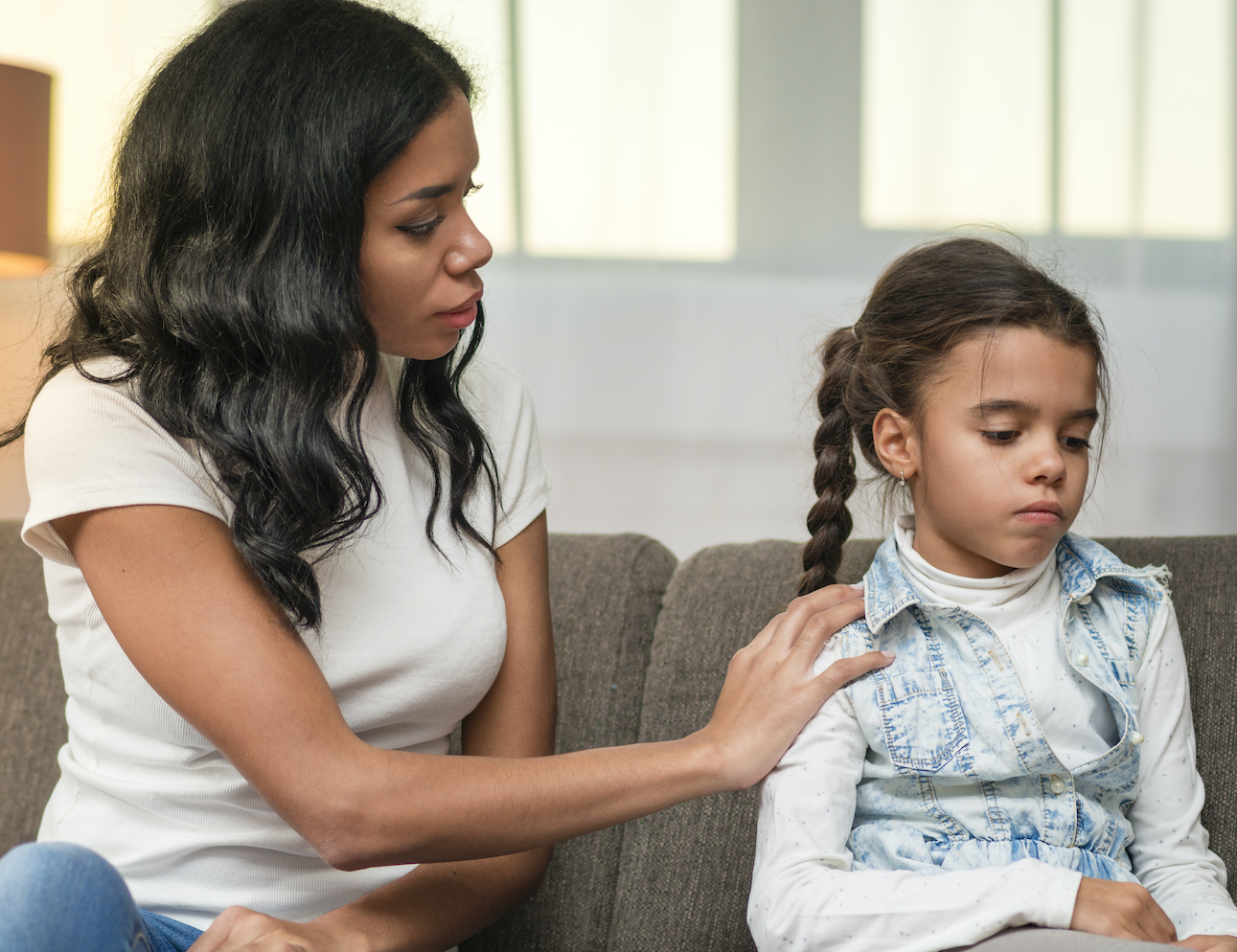
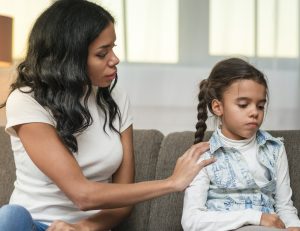 High profile acts of violence, particularly in schools, can confuse and frighten children who may feel in danger or worry that their friends or loved-ones are at risk. They will look to adults for information and guidance on how to react. Parents and school personnel can help children feel safe by establishing a sense of normalcy and security and talking with them about their fears. The
High profile acts of violence, particularly in schools, can confuse and frighten children who may feel in danger or worry that their friends or loved-ones are at risk. They will look to adults for information and guidance on how to react. Parents and school personnel can help children feel safe by establishing a sense of normalcy and security and talking with them about their fears. The 
 These tips, developed by
These tips, developed by 

